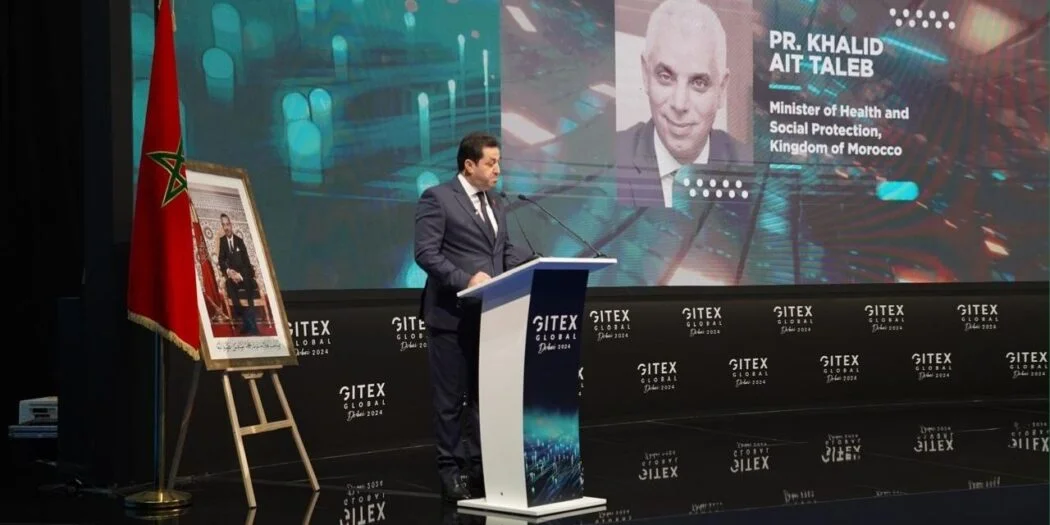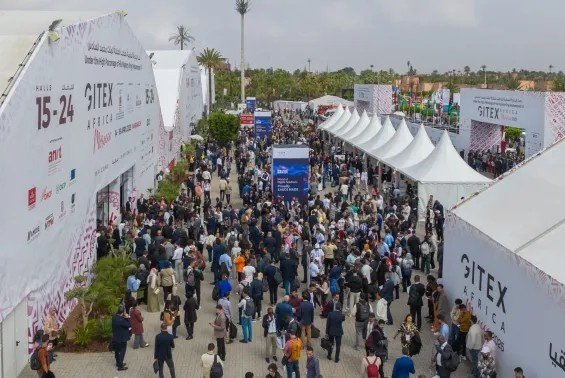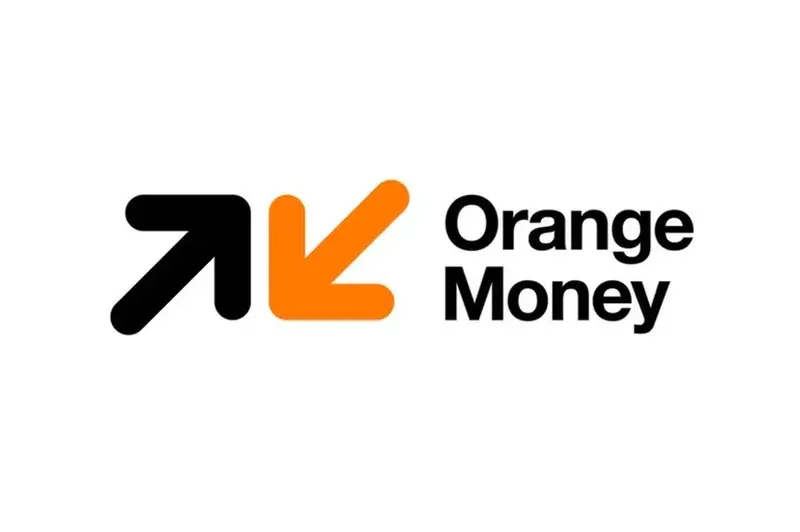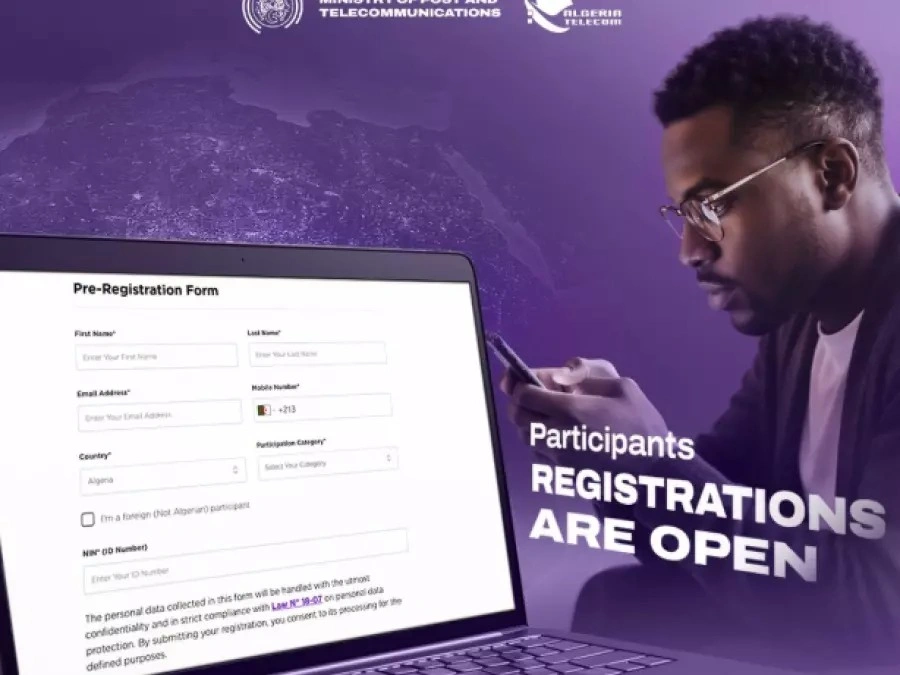Key Takeaways:
- Morocco’s Minister of Health, Khalid Ait Taleb, presented the country’s digital transformation plans for the health sector during GITEX Global in Dubai.
- The initiative aims to improve healthcare service quality and accessibility, particularly in remote areas.
- Key components include an integrated information system, the use of artificial intelligence (AI), and public-private partnerships.
During the GITEX Global exhibition in Dubai, Khalid Ait Taleb, Morocco’s Minister of Health and Social Protection, outlined the country’s ambitious vision for digital transformation in the health sector. His speech, delivered by Aziz Mrabti, Director of the Directorate of Medicines and Pharmacy, highlighted the role of technology in modernizing Morocco’s healthcare system.
Ait Taleb emphasized that technological innovation is a key pillar in the national strategy to reform the health system. Under the guidance of His Majesty King Mohammed VI, Morocco aims to create a comprehensive transformation in the healthcare sector.
The digital shift will significantly enhance healthcare service quality and accessibility, particularly in remote areas, through telemedicine and mobile health units equipped with modern technologies. The minister stressed the development of an integrated information system based on a “shared medical record,” which will enhance the continuity of care and ensure secure data exchange between healthcare stakeholders. This system will be built with the highest cybersecurity standards to protect citizens’ health data.
Ait Taleb also underlined the importance of artificial intelligence (AI) in improving diagnostic accuracy and developing treatment pathways. Morocco has already launched pilot projects using AI in fields such as radiology and oncology treatment.
The minister highlighted the vital role of public-private partnerships in accelerating digital transformation, noting that collaboration with tech companies provides essential resources for innovative solutions. He also acknowledged the crucial contribution of Moroccan startups in the digital health sector, which benefit from international investments to develop advanced technologies.
In his closing remarks, Mrabti reiterated Morocco’s commitment to enhancing cooperation with other countries in health technology, following the directives of King Mohammed VI. He added that sharing expertise and technology will strengthen Morocco’s healthcare system to better face future challenges.
The panel discussion saw wide participation from digital health experts, government representatives, and technology partners. Topics included the role of AI and the Internet of Medical Things in creating smarter and more accessible healthcare systems, as well as the importance of data protection and cybersecurity to ensure the success of the digital transformation in healthcare.















